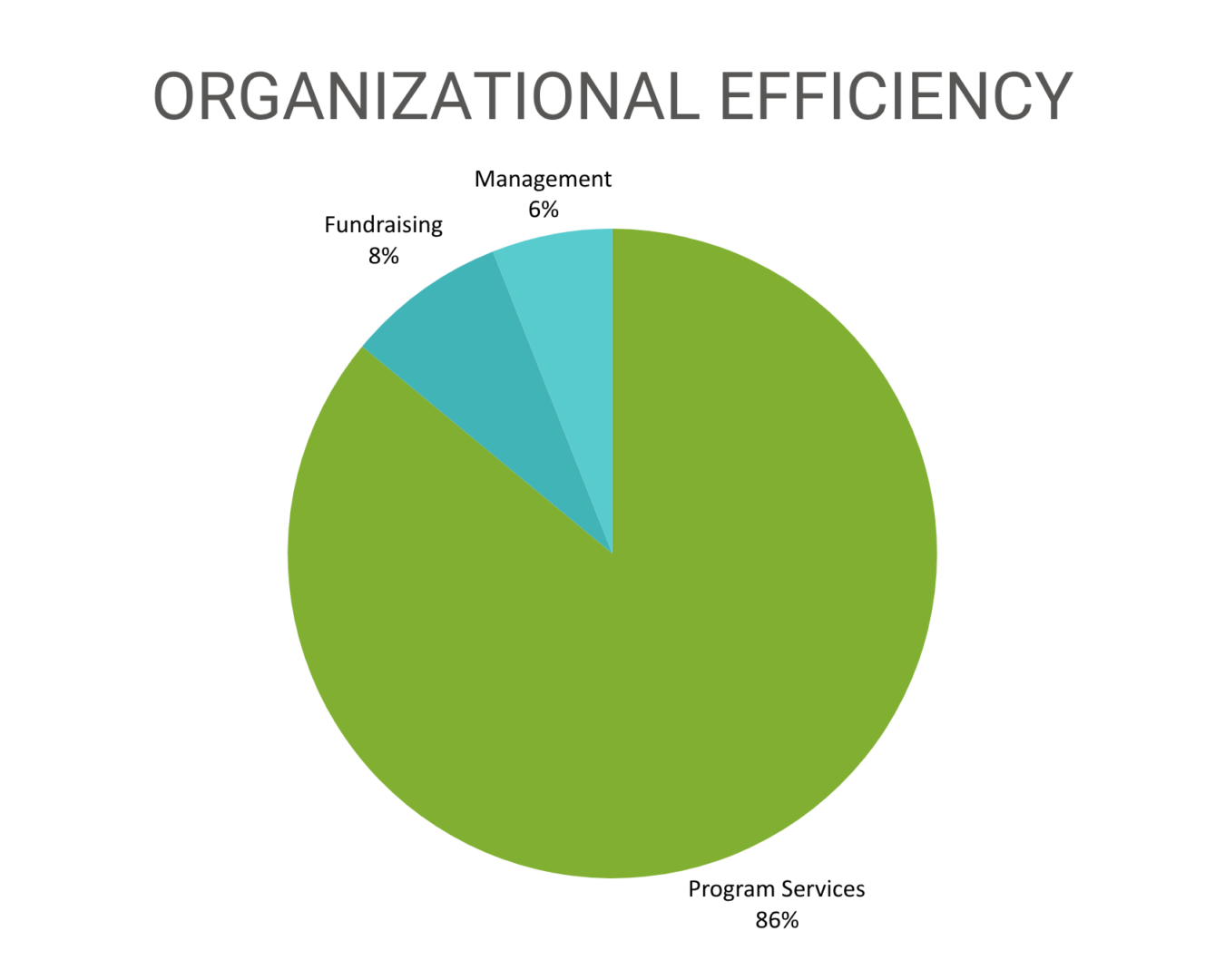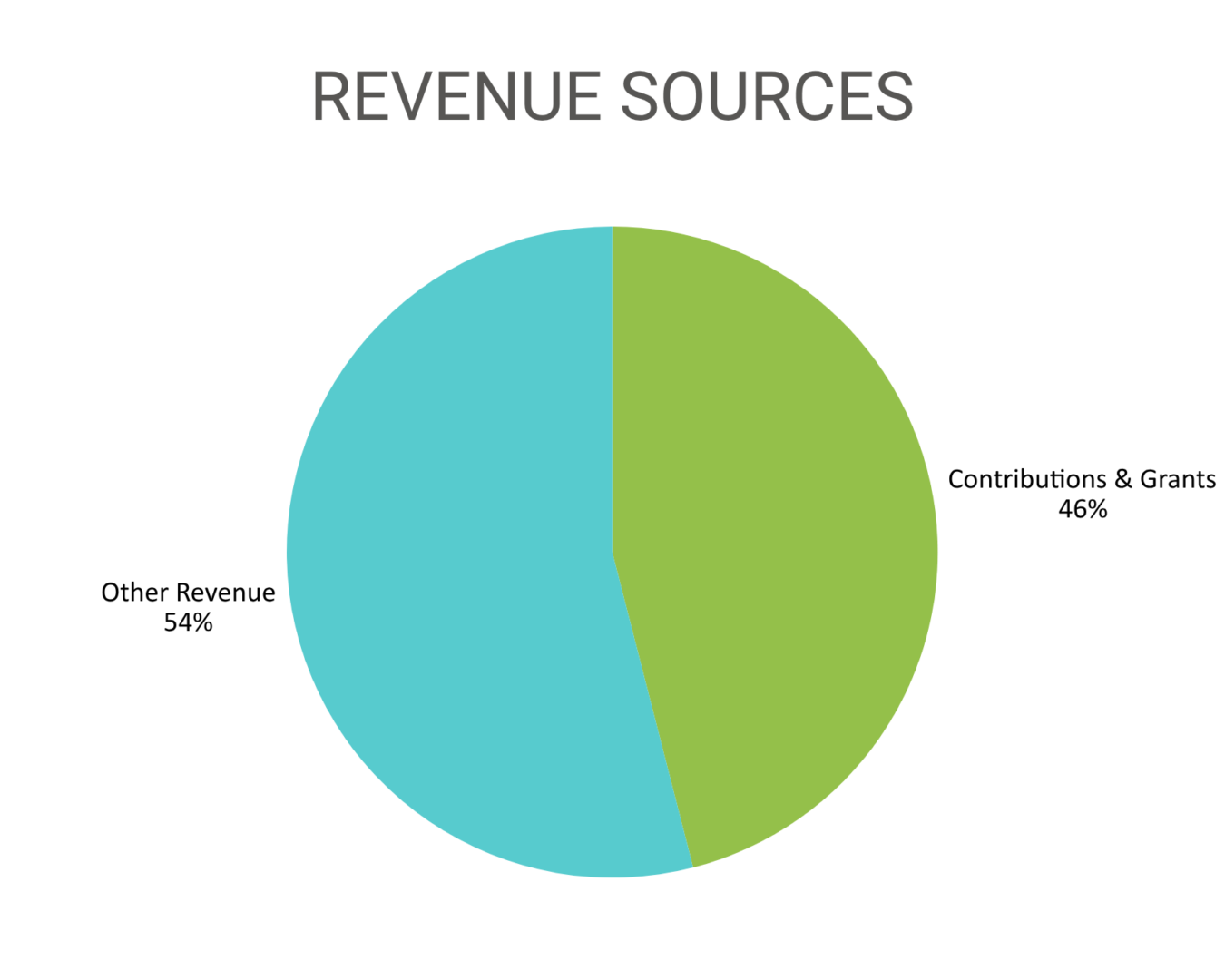2024 Annual Report
- A Message from Our President and Board Chair
- Year-in-Review
- The Impact
- Financials
A Message from Our President and Board Chair
Dear Friends & Partners,
The future of housing is being built right now — and together, we are shaping it.
At Next Step, we’ve always believed that manufactured housing, when done right, could unlock a better future: a future where homeownership is within reach, families save money on energy costs, and communities thrive. Over the past two decades, that belief has fueled a movement—one rooted in innovation, opportunity, and persistence.
This year, we reached new milestones that once seemed out of reach:
- Statewide zoning reforms are clearing the path for factory-built homes on permanent foundations.
- New national policies treat manufactured homes with the same parity as site-built housing.
- Industry-wide commitments to Zero Energy Ready construction standards, pushing energy efficiency to new heights.
We are seeing the results of years of advocacy, partnership, and proof — and yet, we know this is only the beginning.
The housing crisis demands bold, scalable solutions. Energy costs are rising, families are struggling, and communities need sustainable, affordable options now more than ever. Next Step is ready to meet this moment.
In the coming year, we will continue to:
- Champion new policies that expand access and opportunity.
- Build partnerships that deliver ultra energy-efficient homes to more families.
- Equip developers and community leaders with the tools to drive lasting change.
Our journey began with a simple question: What would it take to make it right?
Now, together, we’re asking a new one: How far can we go when we do it right?
Thank you for standing with us as we build the future of homeownership — one family, one home, one system change at a time.
With hope and determination,

Clemente Mohica
Board Chair
Next Step Network

Stacey Epperson
President & Founder
Next Step Network
Year-in-Review
Empowered Homebuyers
- As part of our commitment to empowering homebuyers with the information and tools they need, Next Step reached more than 30,000 consumers through outreach and education efforts in 2024. We directly educated approximately 1,000 prospective homebuyers, equipping them with the knowledge and confidence to navigate the home purchase journey. In targeted markets like Hagerstown, MD and Petersburg, VA, we connected with over 1,000 homebuyers, expanding access to factory-built housing opportunities and reinforcing our mission to make sustainable homeownership more attainable.
Policy Change
- Next Step advanced its policy and advocacy efforts to expand access to factory-built housing at the local, state, and national levels. A highly successful open house at Kilpatrick Woods showcased the quality and potential of modern manufactured homes, generating strong interest from policymakers and community leaders. We also joined the Steering Committee of the NCST Homeownership Alliance, further amplifying our voice in national conversations around equitable housing access. Our zoning policy toolkit was completed and shared widely as a resource for local leaders and developers.
- Through our interventions in development and zoning processes, 26 markets were opened to manufactured housing by the end of Q3 2024. This included a major policy win with the Housing Expansion and Affordability Act of 2024, signed into law by Maryland Governor Wes Moore, which expands zoning access for manufactured homes. Additionally, three new developments are in predevelopment, and three are currently under construction. Our work with Habitat for Humanity of the Greater La Crosse Region helped open a new market through the Builder Blocks program with Clayton, and our partnership with NPHS in Palm Springs, CA, is supporting the launch of a new community land trust development with manufactured homes.
New Sales Ecosystem
- Next Step made significant progress toward reshaping the factory-built housing sales ecosystem to better mirror the traditional site-built homebuying experience. A major milestone was the Open House event at Kilpatrick Woods, which drew over 100 attendees, including federal leaders like FHFA Director Sandra Thompson and FHA Commissioner Julia Gordon. The event showcased the community’s quality, attracted diverse stakeholder participation, and secured $60,000 in sponsorships from Fannie Mae and Freddie Mac. To date, eight homes have been completed in Kilpatrick Woods, with two already sold—a strong signal of buyer interest in high-quality factory-built housing.
- Our efforts to scale this model extended nationally through strategic partnerships and consulting. We supported Habitat for Humanity of the Greater La Crosse Region in winning an RFP for a 10-home development, made possible through Clayton’s real estate development services. In addition, our consulting work has built a strong pipeline for the coming year, with 27 homes and three new developers expected to advance in 2025. These efforts mark an important step toward building a more equitable, streamlined path to factory-built homeownership.
Zero Energy Ready Homes
- As part of our commitment to sustainability and climate resilience, Next Step advanced its efforts to make Zero Energy Ready Manufactured Homes (ZERMH) more widely accessible in 2024. We updated our climate resiliency specifications to require Wind Zone III construction and installation standards for all homes, along with Wildland Urban Interface (WUI) compliance where applicable – ensuring homes are better equipped to withstand extreme weather and wildfire risks. We also celebrated the groundbreaking of our first solar-powered ZERMH, a milestone that reflects the growing viability of affordable, all-electric factory-built homes. Additionally, our team submitted a successful application to the DOE’s PRICE program, positioning Next Step to further scale innovation in energy-efficient housing.
Racial Inequality
- Throughout all of our efforts, Next Step remains deeply committed to advancing racial equity in homeownership. In partnership with Freddie Mac, we launched a developer training initiative focused on expanding access to factory-built housing for historically underserved communities. This includes a three-year contract to deliver the Develop the Developer (DTD) program, which aims to support more inclusive participation in the housing development ecosystem. We also collaborated with Oweesta Corporation to host four focus groups with Indigenous stakeholders, gathering valuable insights that informed the creation of four new homebuyer education resources tailored to Native communities. These efforts reflect our ongoing dedication to building a more equitable and inclusive housing landscape.
The Impact
Throughout 2023, much of Next Step’s work focused on preparing for a major milestone in manufactured housing – the opening of Kilpatrick Woods. This project serves as a tangible example of how the efficiency and affordability of factory building, combined with progressive zoning, can be an effective tool for responding to our country’s housing crisis.
Board of Directors
- Clemente Mojica, Chairperson
- Hale Shaw, Vice-Chairperson
- Jay Arneja, Secretary
- Barry Noffsinger, Treasurer
- Adonis Logan
- Dr. Arica Young
- Bob Bender
- Deborah Campbell
- Doug Ryan
- Lanalle Smith
- Lauren Williams
- Lowell Ungar
- Michael Bauer
- Sarah Kackar
- Smith Rodes
Next Step Staff
- Stacey Epperson, President & CEO
- Amy Barnard, Vice President of Next Step Homes
- Grant Beck, Vice President of Strategic Partnerships
- Kelly Fleck, Vice President of Homeownership
- Kathryn Gwatkin Goulding, Chief Impact Officer
- Destinie Hammond, Communications Manager
- Billie Wells, Controller
- Cindy George, Board Secretary and Accountant
Individual Supporters
- Ashley Evans
- Barry Noffsinger
- Bob Cuozzi
- Cindy Crain
- David Dangler
- David Moir
- Deborah Campbell
- Elena Fernandez
- Frank Olson
- Jeff Stern
- Kathryn Gwatkin Goulding
- Kelly Fleck
- Larry Cooper
- Lowell Ungar
- Smith Rodes
- Stacey Epperson
Funders & Supporters
- Cardinal Finance
- Clayton Homes Foundation
- Fannie Mae
- Freddie Mac
- Inclusive Capital Partners
- Neighborhood Partnership Housing Services, Inc. (NPHS)
- NeighborWorks America
- PNC Bank

